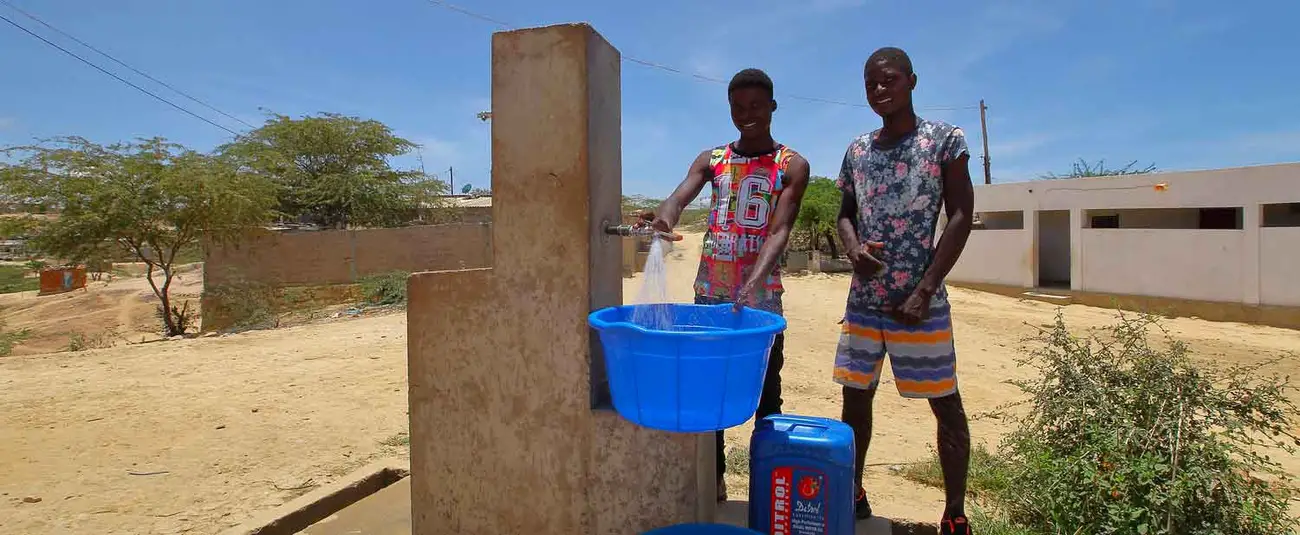Sierra Leone’s rural water supply and sanitation project have begun benefitting more than half of the people living in rural areas of the West African country.
The African Development Fund, the concessional lending arm of the African Development Bank Group, and the Fragile States Facility financed the project. Additionally, the Department for International Development (DFID), and the Global Environment Facility also provided funds for the project. Furthermore, the Rural Water Supply and Sanitation Initiative trust fund also provided funding for the project. The total amount provided by the funders totaled to US$ 39.38M.
The project was implemented between 2013 and 2021. It has reportedly raised access to safe drinking water by 13% and basic, safe sanitation by 3%. Rural water supply improvements have benefited almost 720,000 people. 25,371 homes on the other hand now have access to hygienic sanitation owing to Sierra Leone’s rural water supply and sanitation project.
Read Also: 100 solar borehole project to be established in Sierra Leone
AfDB issued a Project Completion Report on July 13, 2022. As per the report, the percentage of households that have access to an adequate water supply increased from 40% to 53%.
Project Overview
During the work, 15 downward flow water supply systems were built. This allowed 180 taps to be installed. Additionally, 50 rainwater collection systems were erected for public institutions. Additionally, 25 solar-powered pumping systems (with 275 taps) were made available to the target communities.
The project also helped to upgrade and rebuild 408 boreholes and wells. In addition, it helped clean up 1,563 of the current 1,583 water points. Furthermore, the project included the installation of 23 surface and groundwater monitoring stations and 60 rainfall gauges.
168 community skilled workers were trained in technical and business skills. Additionally, 1,740 WASH Committees were formed and trained.

Leave a Reply